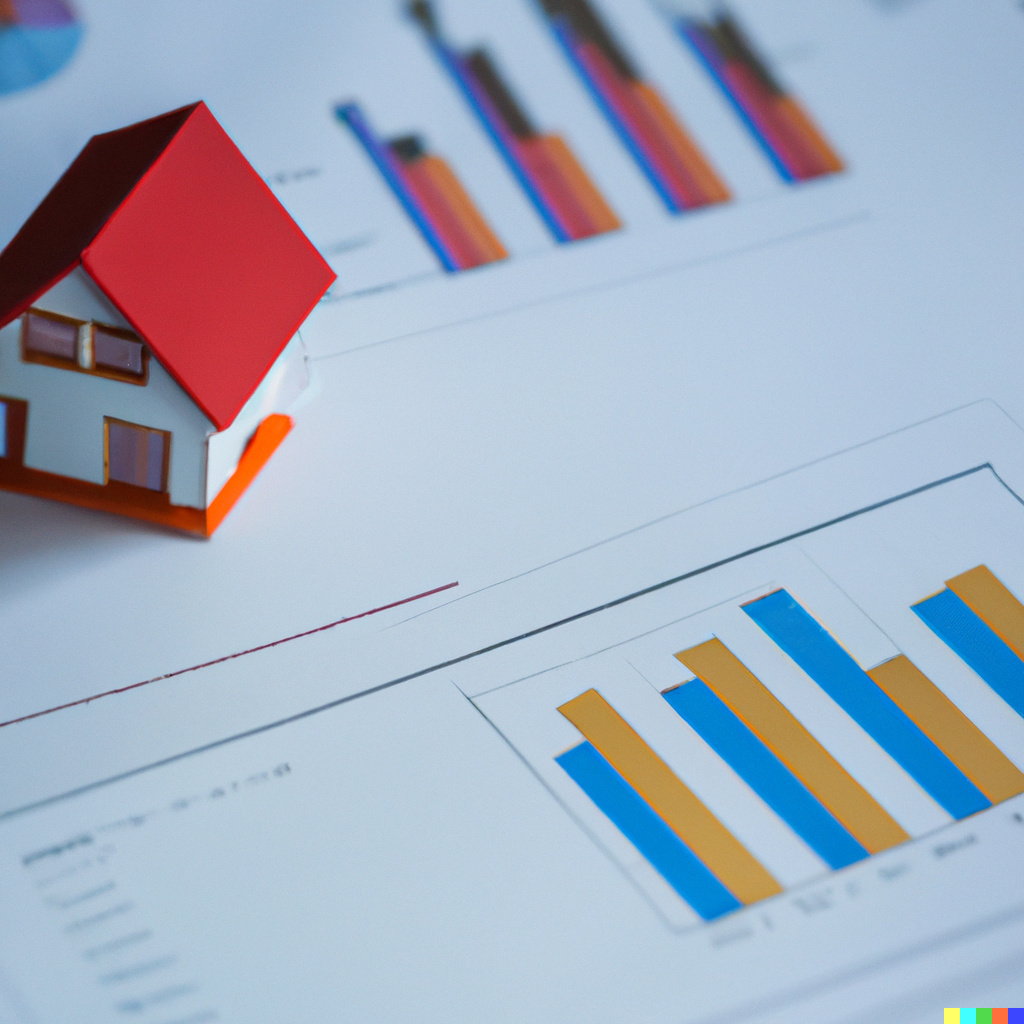In the realm of real estate, the age-old debate of renting versus buying continues to be a topic of discussion for prospective homeowners. Both options come with their own set of advantages and disadvantages, and the decision often depends on various factors such as financial stability, lifestyle preferences, and long-term goals. In this article, we will explore the perspectives of both renting and buying, shedding light on the benefits and drawbacks of each, and providing a real-life example of potential savings through a mortgage.
Renting
The Flexibility Factor
One of the key advantages of renting is the flexibility it offers. Renters have the freedom to relocate without the burden of selling a property, and they are typically not responsible for major maintenance costs. This makes renting an attractive option for those who value mobility or have uncertain job prospects. Additionally, renting can be financially advantageous in the short term, as it often involves lower upfront costs compared to buying.
Buying
The Long-Term Investment
On the flip side, buying a home is often viewed as a long-term investment that can lead to substantial financial gains. Property values tend to appreciate over time, allowing homeowners to build equity and potentially profit from the sale of their property. Moreover, buying a home provides a sense of stability and allows individuals to personalize their living space without restrictions imposed by landlords. However, it’s crucial to consider the upfront costs, ongoing maintenance expenses, and the potential impact of market fluctuations.
Real-Life Example: Calculating Mortgage Savings
Let’s consider a hypothetical scenario to illustrate the potential savings through a mortgage. Suppose you’re looking to buy a $300,000 home and can make a 20% down payment of $60,000. With a 30-year fixed-rate mortgage at 3.5%, your monthly mortgage payment would be approximately $1,078, excluding property taxes and insurance. Over the life of the loan, you would pay a total of $147,480 in interest.
Now, let’s compare this to renting a similar property at an average monthly rate of $1,500. Over 30 years, your total rental payments would amount to $540,000. In this example, buying would result in a potential savings of $392,520 over the long term.
Conclusion
Ultimately, the decision to rent or buy depends on individual circumstances, financial goals, and lifestyle preferences. Renting offers flexibility and lower initial costs, while buying provides the opportunity for long-term investment and stability. By carefully weighing the pros and cons of each option and considering personal circumstances, individuals can make informed decisions that align with their unique needs and aspirations in the realm of real estate.


 Facebook
Facebook
 X
X
 Pinterest
Pinterest
 Copy Link
Copy Link
